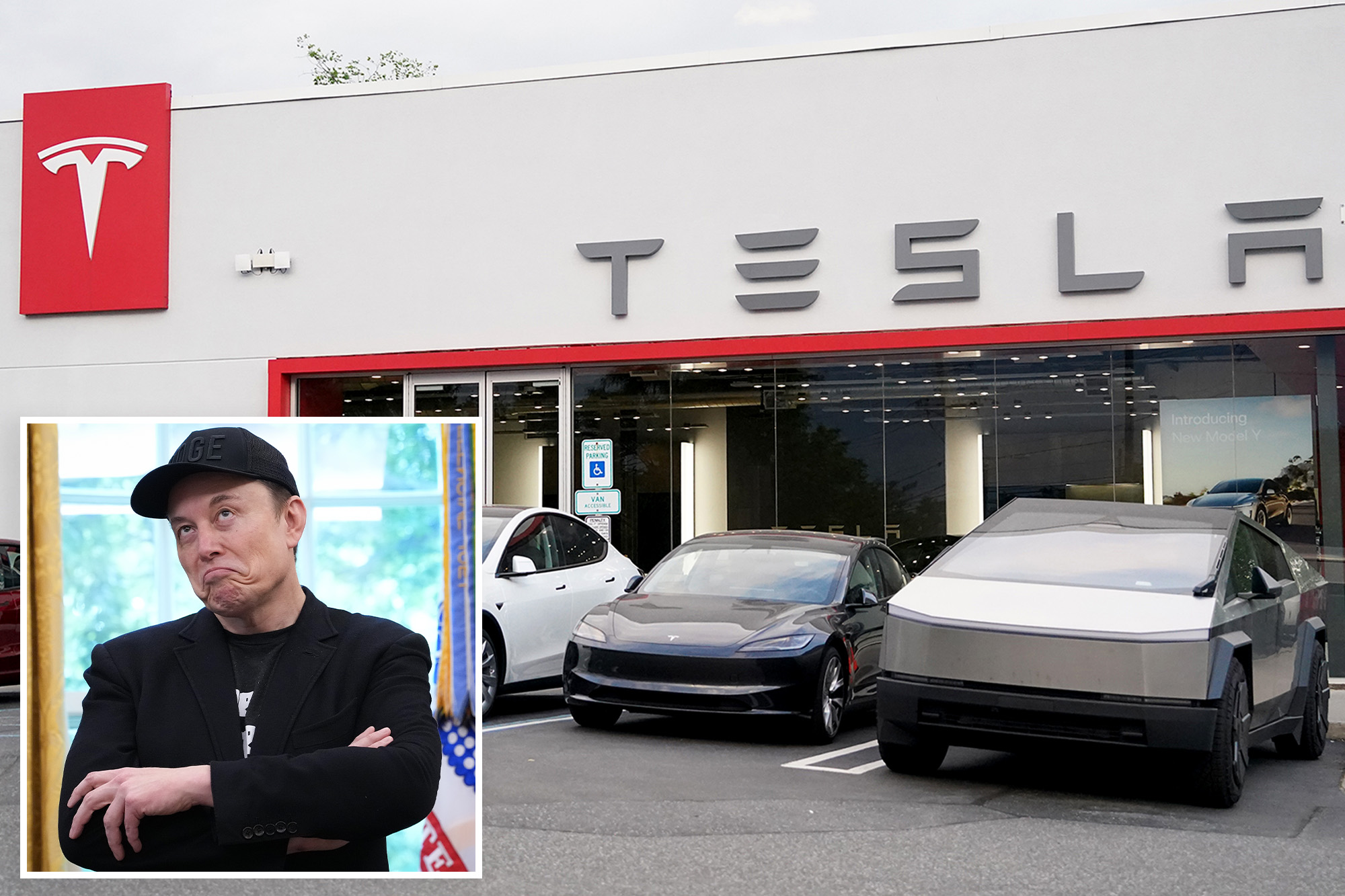
Tesla’s Rental Pivot: Battling EV Sales Doldrums After Tax Credit Sunset
- by webpronews
- Nov 11, 2025
- 0 Comments
- 0 Likes Flag 0 Of 5

Tuesday, November 11, 2025
In the wake of the federal electric vehicle tax credit’s expiration, Tesla Inc. is rolling out a novel strategy to revive flagging sales: direct short-term rentals from its retail stores. This move, piloted in California, allows customers to rent Tesla vehicles for three to seven days starting at $60 a day, including perks like unlimited Supercharging and supervised Full Self-Driving capability. The initiative comes as the company grapples with a post-incentive market slowdown, according to The Verge.
The $7,500 federal EV tax credit, which expired on September 30, 2025, had fueled a surge in Tesla sales in the third quarter, with the company reporting its best quarter of the year. Buyers rushed to secure the incentive, pushing deliveries to new heights. However, the credit’s end has led to a noticeable slump, prompting Tesla to innovate with rental options that could convert trial users into buyers, as noted in reports from TechCrunch.
The Tax Credit’s Lasting Impact
Industry analysts point out that the tax credit’s phase-out isn’t Tesla’s first rodeo with incentive expirations. Historically, such events have tested the company’s resilience, with Elon Musk himself acknowledging government support’s role in Tesla’s growth, including over $11 billion in regulatory credits. A piece from The Motley Fool highlights Musk’s perspective on navigating this shift.
Post-expiration, Tesla has adjusted by hiking lease prices across its U.S. models, reflecting the loss of the $7,500 boost. Yet, creative workarounds have emerged, such as a $6,500 lease incentive that allows customers to lease and then buy out, effectively mimicking the credit’s savings without income limits, as discussed in posts on X from users like DennisCW.
Rental Program Details and Expansion
The rental program launched at two California locations—San Diego and Costa Mesa—with plans for broader rollout. Renters get a $250 credit toward purchasing a Tesla, incentivizing conversion from trial to ownership. This strategy echoes traditional automakers’ test-drive tactics but leverages Tesla’s direct-to-consumer model, per insights from El-Balad.com.
Electrek reports that rentals include insurance and roadside assistance, with daily rates varying by model—Model 3 at $60, Model Y at $70, and premium options like Model S or X at higher tiers. This low-barrier entry aims to demystify EVs for hesitant buyers amid economic pressures and charging infrastructure concerns.
Market Context and Competitor Responses
The broader EV market saw a 30% sales jump in Q3 2025, led by Tesla’s 41% share, before the credit expired. General Motors’ Chevy Equinox EV and Ford’s models also benefited, but Q4 projections suggest a demand test without subsidies, according to MotorWatt.
Competitors like Rivian and Lucid face similar headwinds, but Tesla’s rental pivot could provide a unique edge. Analysts from Reuters expect this to be a short-lived boost, with European market weakness adding pressure.
Strategic Implications for Tesla
Tesla’s history with incentives includes IRS approvals for credit transfers on leases, as tweeted by Gary Black on X in 2024. Recent updates, like confirming credit eligibility for orders by September 30, 2025, even if delivery followed, underscore the company’s agility, per TeslaNorth.com.
Elon Musk has downplayed the credit’s end, emphasizing Tesla’s focus on affordable models and AI advancements like robotaxis. However, critics on X, including Ross Gerber, warn that losing such incentives could hinder EV adoption broadly.
Consumer Sentiment and Future Outlook
Posts on X reveal mixed sentiment: enthusiasm for lease buyouts as a ‘sorta’ extension of the credit, contrasted with concerns over sales crashes. A recent Verge article notes the program’s potential to build loyalty through hands-on experience.
Looking ahead, Tesla’s incentives page lists state-specific rebates, suggesting a patchwork approach to fill the federal void. As per Tesla Support, utilities and local programs offer alternatives, potentially sustaining momentum.
Innovation Amid Uncertainty
The rental initiative aligns with Tesla’s data-driven ethos, collecting user feedback on FSD to refine autonomy tech. Industry insiders see this as a bridge to mass adoption, especially with upcoming affordable EVs.
Fortune reports Tesla’s options to maintain flow, including regulatory credits and loans that bootstrapped the company. With Q3 revenues buoyed by the credit rush, Q4 will reveal the rental strategy’s efficacy, analysts say.
Broader Industry Ramifications
EV sales without credits test true demand, with Tesla leading but vulnerable to economic shifts. Reuters anticipates persistent challenges in Europe, where incentives vary.
X discussions highlight creative financing, like combining lease incentives with option credits for up to $8,500 off, as shared by DennisCW. This underscores Tesla’s adaptability in a subsidy-free era.
Navigating Regulatory Shifts
Past IRS guidance, such as Model 3 credit losses in 2023 noted by Sawyer Merritt on X, prepared Tesla for this moment. Current strategies focus on direct engagement to convert skeptics.
As the EV landscape evolves, Tesla’s rental program may set a precedent, blending retail with experiential marketing to counter sales slumps.
Subscribe for Updates
Please first to comment
Related Post
Stay Connected
Tweets by elonmuskTo get the latest tweets please make sure you are logged in on X on this browser.






 Energy
Energy


















